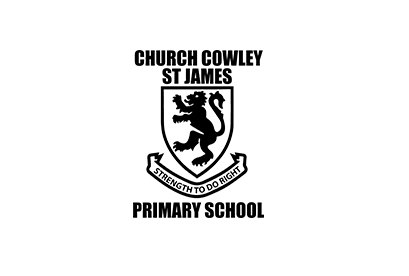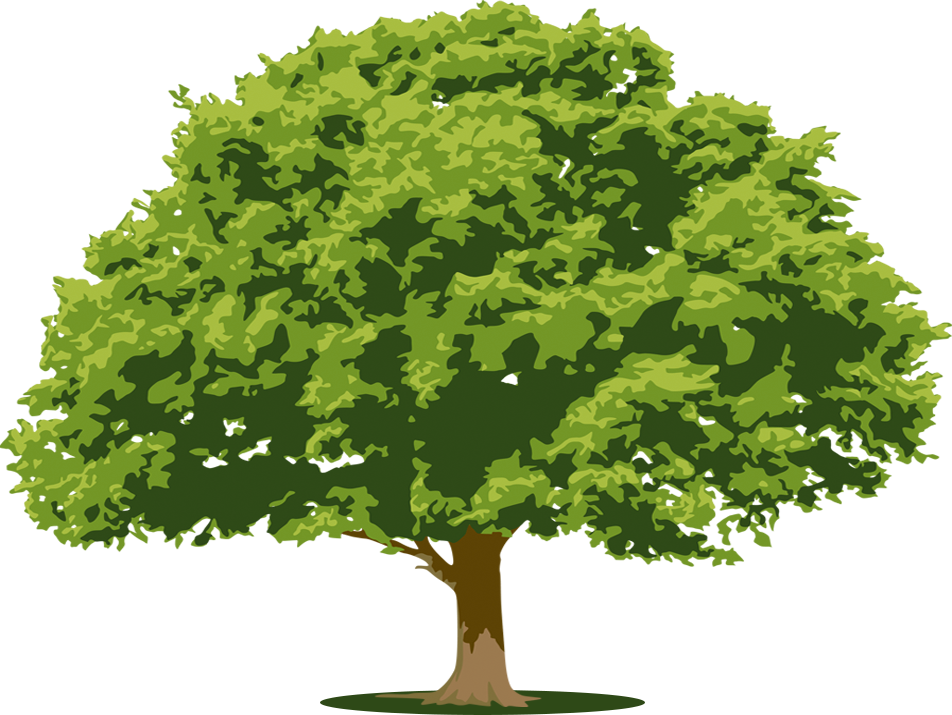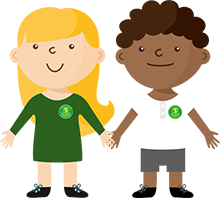PSHE & SRE
PSHE Education (Personal, Social, Health and Economic Education) is a planned programme of learning through which children and young people acquire the knowledge, understanding and skills they need to successfully manage their lives – now and in the future. As part of a whole-school approach, PSHE Education develops the qualities and attributes pupils need to thrive as individuals, family members and members of society.
What do schools have to teach in PSHE Education?
According to the National Curriculum, every school needs to have a broad and balanced curriculum that:
- promotes the spiritual, moral, social, cultural, mental and physical development of pupils at the school;
- prepares pupils at the school for the opportunities, responsibilities and experiences of later life;
- promotes British values.
From September 2020, primary schools in England also need to teach Relationships and Health Education as compulsory subjects and the Department for Education strongly recommends this should also include age-appropriate Sex Education. Schools also have statutory responsibilities to safeguard their pupils (Keeping Children Safe in Education, DfE, 2019) and to uphold the Equality Act (2010). Our school's curriculum supports all of these requirements and has children’s wellbeing at its heart.
What is our curriculum and how does it work?
At CCSJ, we use Jigsaw, a whole-school (Reception to Year Six) approach that embodies a positive philosophy and creative teaching and learning activities to nurture children’s development as compassionate and well-rounded human beings as well as build their capacity to learn. Jigsaw has two main aims for all children:
- To build their capacity for learning
- To equip them for life
Jigsaw brings together PSHE Education, compulsory Relationships and Health Education, emotional literacy, mindfulness, social skills and spiritual development. It is designed as a whole school approach, with all year groups working on the same theme (Puzzle) at the same time at their own level. There are six Puzzles (half-term units of work) and each year group is taught one lesson per week. All lessons are delivered in an age- and stage-appropriate way so that they meet children’s needs.
What will our curriculum teach your child?
The overview below summarises the content in each of Jigsaw’s units of work (Puzzles):
Being Me In My World covers a wide range of topics, including a sense of belonging, welcoming others and being part of a school community, a wider community, and a global community; it also looks at children’s rights and responsibilities, working and socialising with others, and pupil voice.
Celebrating Difference focuses on similarities and differences and teaches about diversity, such as disability, racism, power, friendships, and conflict; children learn to accept everyone’s right to ‘difference’, and most year groups explore the concept of ‘normality’. Anti-bullying, including cyber and homophobic bullying, is an important aspect of this Puzzle.
Dreams and Goals aims to help children think about their hopes and dreams, their goals for success, what their personal strengths are, and how to overcome challenges, using team-work skills and tasks. There is also a focus on enterprise and fundraising. Children learn about experiencing and managing feelings of pride, ambition, disappointment, success; and they get to share their aspirations, the dreams and goals of others in different cultures/countries, and their dreams for their community and the world.
Healthy Me covers two main areas of health: Emotional/mental health (relaxation, being safe, friendships, mental health skills, body image, relationships with food, managing stress) and Physical health (eating a balanced diet, physical activity, rest and relaxation, keeping clean, drugs and alcohol, being safe, first aid). Most of the statutory content for Health Education (DfE) is contained within this Puzzle.
Relationships starts with building a respectful relationship with self and covers topics including families, friendships, pets and animals, and love and loss. A vital part of this Puzzle is about safeguarding and keeping children safe; this links to online safety and social networking. Children learn how to deal with conflict, build assertiveness skills, and identify their own strengths and strategies for building self-esteem and resilience. They explore roles and responsibilities in families and friendship groups, and consider stereotypes.
Changing Me deals with change of many types, from growing from young to old, becoming a teenager, assertiveness, puberty, self-respect and safeguarding. Each year group thinks about looking ahead, moving year groups or the transition to secondary school and how to cope positively with such changes. Life cycles and human reproduction are taught in some year groups at the school’s discretion.
Sex and Relationship Education
Health and Relationship Education is statutory in all primary schools, and it is recommended that all primary schools have a Sex Education programme that is tailored to the age of the pupils. The Health and Relationship curriculum content is woven throughout the entire programme of Jigsaw, with a specific focus on the ‘Healthy Me’ and ‘Relationships’ Puzzles.
In the Early Years and Key Stage 1, the focus is on life cycles, valuing our bodies and learning some vocabulary for the external body parts that we might use to talk to an adult, such as a nurse or a doctor.
In Key Stage 2, there is a particular focus on the Health Education element of puberty in (including menstruation) and the changes that happen inside and outside the body. This is taught in a way that helps pupils feel prepared for the main changes that happen before puberty starts and encourages them to talk to an adult at home or at school if they have any questions.
At CCSJ, we define ‘Sex Education’ to mean ‘understanding human reproduction’. Sex Education is part of our PSHE/RSE curriculum and we teach it through the Jigsaw ‘Changing Me’ topic. Please note that animal reproduction is a statutory element of the Year 5 Science curriculum and at CCSJ, we deliver this, including human reproduction in term 6.
The right to withdraw
As parents, you have the right to withdraw your child from the non-statutory elements of our teaching. These will be the lessons on human reproduction. There is one lesson in Years 4, Yr 5 and Yr 6 each year. We will send out an email and text to let you know that these lessons are happening, usually in the Summer term. We also run sessions each year where you can come and be taught the same lesson as your child so that you understand more about the content and delivery. You cannot withdraw your child from any lessons within Relationship or Health Education (this includes puberty and menstruation). If you wish to withdraw your child from the human reproduction lessons, don't hesitate to contact Steve Dew so we can discuss the implications of withdrawing.
What will my child be taught about puberty and human reproduction?
We have reviewed the content in the Jigsaw Programme as part of our policy review, and the content below reflects the decisions made as part of this process with the staff, governors and parents. Our parent consultations will take place in September each year.
The Jigsaw unit ‘Changing Me’ is taught in the Summer Term and contains six 'pieces' (lessons). Each year group will be taught appropriate to their age and developmental stage. The class teachers will teach this content. We will not teach beyond the remit of the year group. If questions are asked that the teacher feels are inappropriate or are beyond the content for that year group, the teacher may ask the child to ask their parent/carer, or the teacher may acknowledge the question and explain that we will learn about that aspect at another time.
We are eager to work in partnership with parents
Please be aware that your child may ask you questions about what they have learnt. A leaflet below gives tips on how to talk to your child about puberty and human reproduction. There is also the Usborne series of growing-up books (https://usborne.com/gb/books/series/growing-up) that you might find useful.
See below the attached documents for more information on Jigsaw and our curriculum for PSHE & RSE.
We sent letters to notify parents of the curriculum we teach in Term 6, with codes to access classes planning and the resources used. You can find them here:
PSHE and RSE Letter PSHE and RSE Codes


